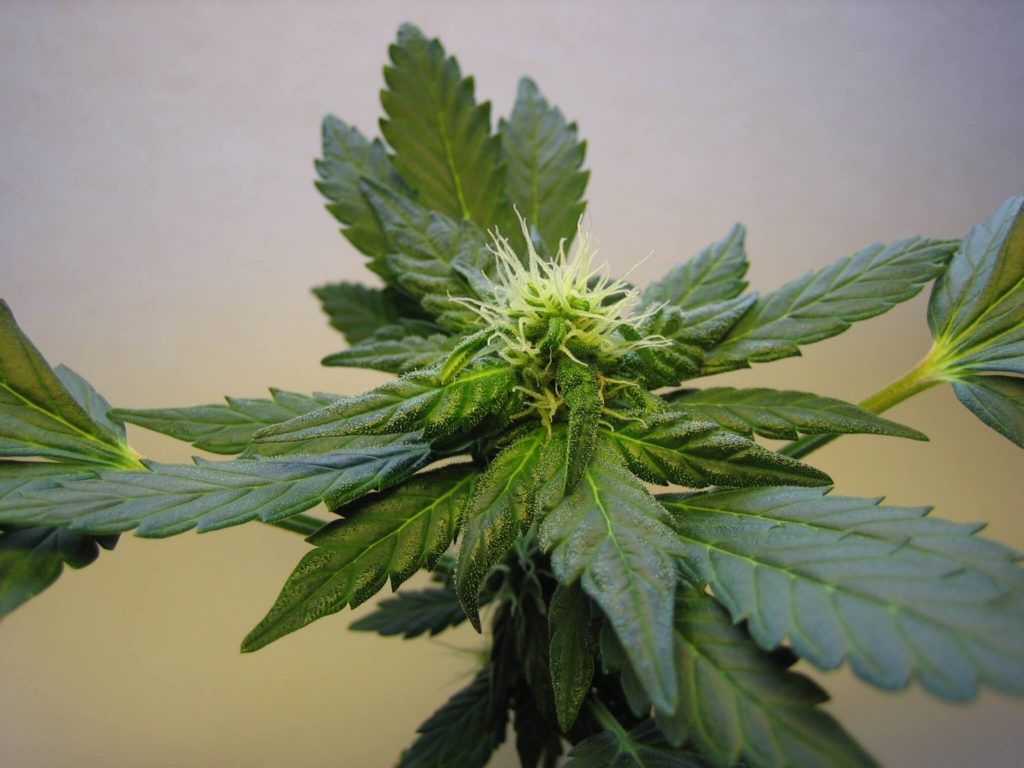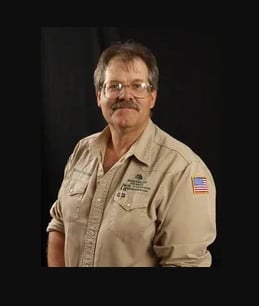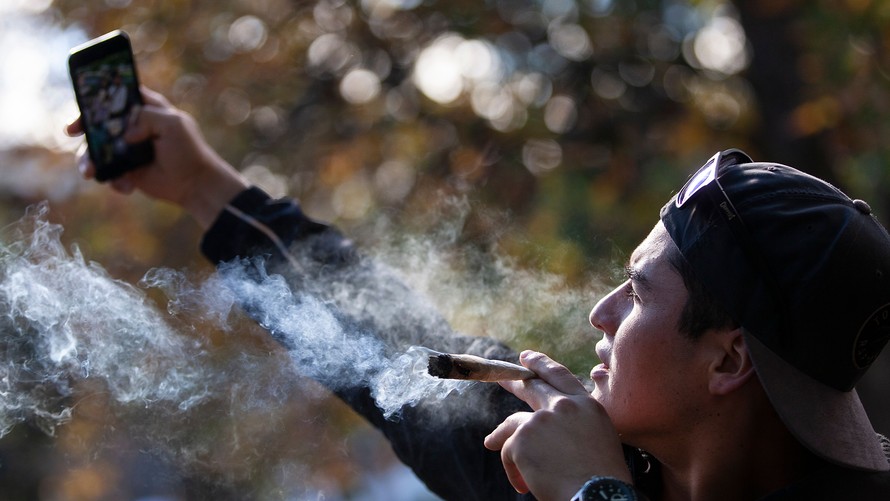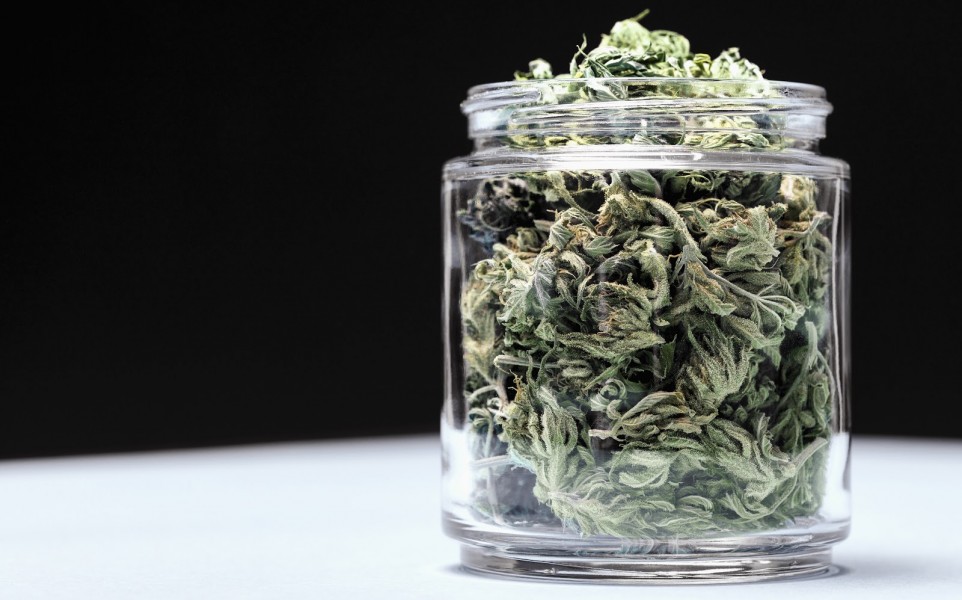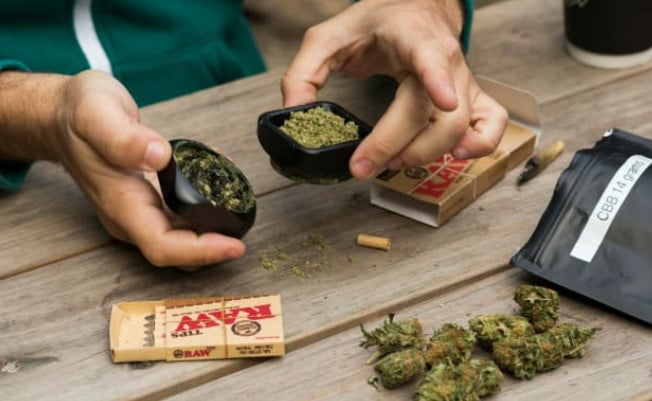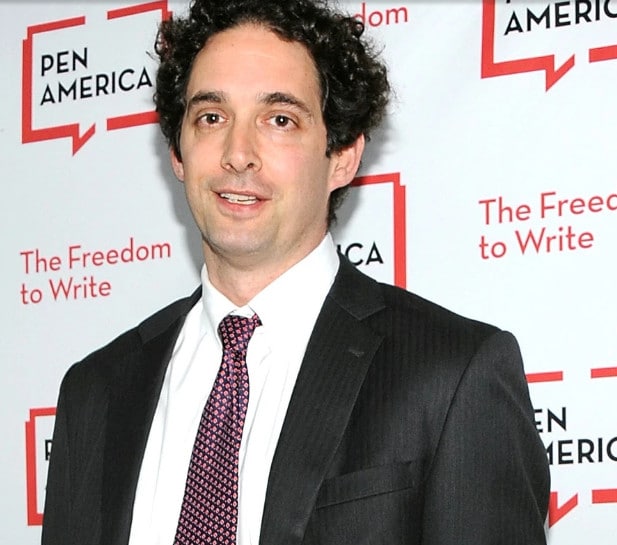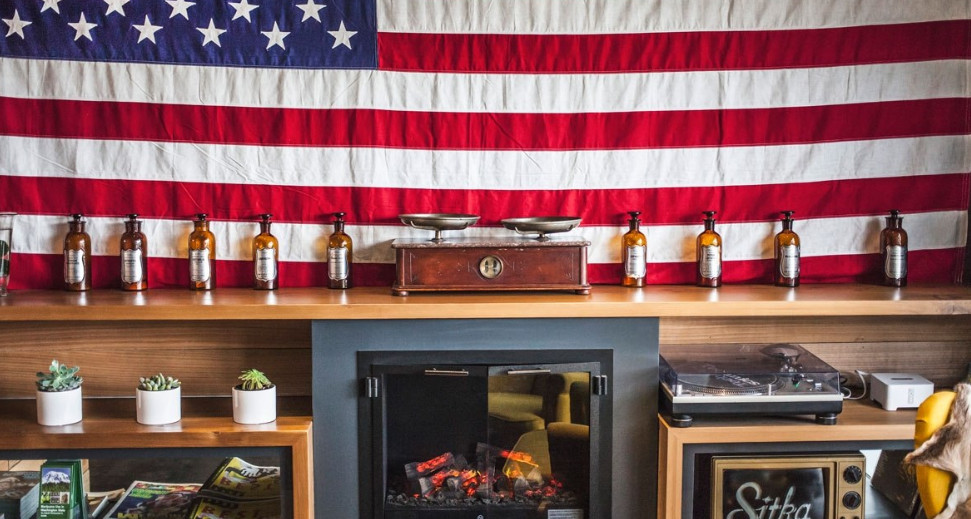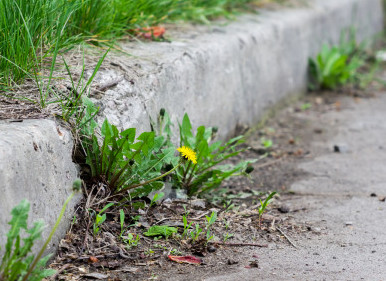As the first executive director and general manager of the city of Los Angeles’ Department of Cannabis Regulation, Cat Packer will lay the legal foundation for how the United States’ second-largest city handles marijuana. But it wasn’t until three years ago, in her last semester of law school, that she even knew what she wanted to do professionally.
That’s when she took a life-changing law class on marijuana.
“I will admit, before taking the class, I was completely oblivious to the many interesting conversations happening around the country about this subject,” Packer said.
A growing number of students across the United States have taken some of the country’s first marijuana-themed university classes and found nearly instant success with this unique knowledge.
“Think about it: If you graduated from law school 10 years ago, you couldn’t study this, because the reforms hadn’t happened yet,” said Douglas Berman, the Robert J. Watkins/Procter & Gamble Professor of Law and the creator of Packer’s Marijuana Law, Policy & Reform Seminar at Ohio State University’s Moritz College of Law.
Berman is proud of Packer, but when he started the course in 2013, not all students were as enthusiastic as she. Some said they didn’t enroll out of concern that future employers wouldn’t like it, according to Berman.
As marijuana has become more mainstream, his class now fills quickly. And even if students don’t go into the field like Packer did, with medical marijuana legal in more than half of the United States and recreational pot legal in nine, chances are that what they learn will come in handy.
“And with all that heat in this space on this still controversial topic, I try to emphasize, lawyers should be bringing more light, rather than heat, to these conversations, armed with the facts,” Berman said.
The facts about marijuana are still at the center of the debate because while states are more permissive, federal law still puts marijuana in the same category as heroin: a Schedule I drug with “no currently accepted medical use,” at least in the eyes of the federal government.
That leaves researchers and universities offering classes in uncharted waters.
Despite the limits, a handful of determined professors have stepped up, without textbooks or well-trod academic territory, and created courses to try to ensure that the next generation is prepared to match the public’s interest. There seems to be only one “weed major,” the medicinal plant chemistry program at Northern Michigan University, but a growing number of weed-themed classes are being offered on campuses across the country in law, business, medicine and general science.
Demand outpaces science
In 2013, the Washington Attorney General’s Office provided Beatriz Carlini, a research scientist at the university’s Alcohol and Drug Abuse Institute, with funds to develop training modules for health professionals who can get continuing education credit. They learn about how cannabis works and about its best uses; a second module teaches best clinical practices.
Marijuana is legal in its recreational and medicinal forms in Washington, and with more legal access comes a public desire for more education. But unless your doctor is in his or her late 90s and can remember before 1942, when it was legal to prescribe cannabis, more than likely they learned nothing about its benefits in medical school.
“Hopefully, we can help patients make good decisions,” Carlini said. “People won’t wait for these things to resolve federally.”
Yu-Fung Lin teaches the physiology of cannabis at the UC Davis School of Medicine. Physiology is a branch of biology that looks at the functions of living organisms and their parts.
The elective focuses on how cannabis and cannabinoids impact the body. It also looks at physiological impact, therapeutic values and history. It’s the first class of its kind in the University of California system.
Lin, an associate professor who usually teaches medical students, didn’t know what to expect from her 55 undergraduates. “I’ve been quite impressed by their commitment,” she said.
She hopes her class will inspire future research. “Just knowing what we know, and the limitations of what we know, should inspire students, and they in turn could do research that would be really helpful in this field.”
Jam-packed
The Larner College of Medicine at the University of Vermont can’t create classes fast enough. Its on-campus medical cannabis class was so popular, it had to relocate twice, settling into the largest available lecture hall according to the University. Its online continuing medical education program and the cannabis science and medicine professional certificate program have wait lists. Enrollees have come from as far away as Thailand. It has created webinars and a cannabis speaker series, and even the school’s farm extension provides original plant research about hemp.
Dr. Kalev Freeman, an emergency room physician, and Monique McHenry, a botanist, helped create these courses to address several needs. Freeman said he’s seen too many people taken off ambulances after overdosing on opioids, and he hopes to offer information about a “safer alternative to the public.” McHenry wanted to find a topic attractive to “young minds to get them interested in science.”
Their classes focus on basic science, the drug’s physiology, molecular biology and chemistry. The professional training also drills down on practical issues like effective dosing, delivery methods and drug interactions.
“The more we can do to focus on getting evidence-based facts out to more medical professionals and the public, the more we will have a real success,” McHenry said.
Freeman agreed: “It’s a disservice to the public if professionals aren’t equipped with this knowledge.”
The bud business
The skills that students in Paul Seaborn’s Business of Marijuana class learn at the University of Denver are in demand, and other professors have noticed. He’s gotten calls from all over the world, asking how the class works.
“People want to learn from the Colorado experience,” Seaborn said. “It’s been fascinating to learn the pros and cons of the business in real time as state and federal laws evolve.”
Understanding the rules of the game is key since those rules create a “unique set of challenges,” Seaborn said. His students learn about marijuana law and history, and they tackle its complicated finances, accounting, marketing, and management.
The university’s location presents unique opportunities because so many market pioneers live in the neighborhood and are happy to be guest speakers. Colorado was the first to legalize recreational adult marijuana use, so the industry bloomed there, creating more than 18,000 full-time jobs and generating $2.4 billion in economic activity, according to a study of the market in 2015.
“It’s a rare thing to have an industry start from square one in your lifetime and grow so quickly right around you,” Seaborn said. From his most recent class of 27, three or four students immediately went to work in the industry, and others will probably soon follow.
“There is certainly caution over an industry like this, especially with the federal legality in question, and there is still ongoing discussion and careful thought about how this works, but we want our graduates to come at this from an informed perspective,” he said. “The industry is not going to wait.”
Packer, the Los Angeles marijuana czar, would agree. “We’re in a real moment of transition,” she said. “These conversations about marijuana are incredibly complex. I found I can’t have a conversation about the law without talking about health and social justice issues and enforcement issues.”
It sounds like the perfect material for more college classes.
Credit: edition.cnn.com



